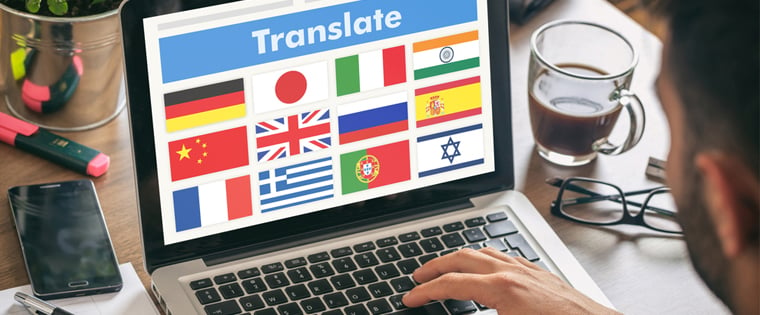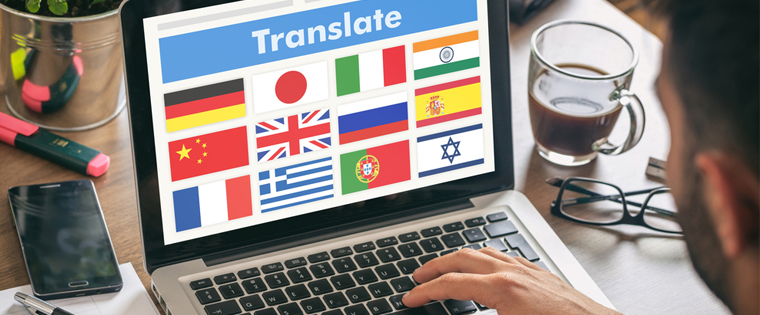How to Analyze Translation Samples to Pick the Right Translation Vendor

To ensure that your eLearning course has a global reach, it is of paramount importance that you translate your course effectively. But, if you end up selecting the wrong vendor to undertake your translation, your purpose will be far from completed. For your training to effectively reach a diverse and large audience, a right translation vendor has to take charge. The right translation vendor would have been in the business long enough to know all the nuances of your industry and will help you achieve a flawless online learning program. They will have a highly experienced team of linguistic experts to tackle the target course language.
Some firms may have good experience in performing translations of various kinds of business documentation, such as marketing material, product literature, etc. However, they might lack the expertise and experience in dealing with eLearning courses. This may have a serious impact on the quality of the translations of your online course.
The translation agency must use the services of native speakers. Only a native speaker will be aware about the many subtleties of a language that allows them to produce translations that don’t reduce the effectiveness of the course. A good translation agency should also be able to give you ample references from their past work. Past references are the only way to actually verify the proficiency of the skills the vendor claims to have.
But, how do you choose the right agency that will circumvent all the challenges associated with translation? The first step that you can do is ask for translation samples. This is the most common and the best way to see if the organization is qualified to meet your needs. When you deal with a new translator, it is always safe to give a small pilot project first before you entrust them with your work. A small translation sample can give you big hints about the actual capabilities of the vendor. But, on what basis should you evaluate the translation samples? This is a very important question as the evaluation of the sample means the evaluation of the vendor. Below are some of the parameters on which you can analyze translation samples:
Linguistic Aspects
This is perhaps the most basic and obvious thing that you can gauge the translation sample on. The first thing before you can start a translation is to read the source text completely, focusing on the message and the delivery style. Then compare the translation to the source text to verify that the same message and style were carried over into the target language. You need to go a step further and try to get more answers from the translation sample. Does the translation flow naturally in the target language or would a different choice of words be better? Is the translation correct for the intended audience? Did the translator use the correct dialect and localized language? Making sure that the sample is correct in all linguistic aspects is the first filter that you should apply for a translation sample.
Sound Instructional Design
Digital learning courses are based on sound instructional design principles that help them convey knowledge better. An instructional strategy is already set and developed in the source language. It is basically a high level plan of how a subject must be taught. It includes clear goals, the actions to be used to achieve these goals, and the various resources and techniques used to fulfill learning objectives. A translator must take care to map these goals and actions into easy to understand instructions in the target language.
It would be a good idea to give potential translators an excerpt from the course that conveys your instructional strategy. The translated sample will help you understand how instructionally sound the translator is.
Domain Expertise
Any online course has to be compliant with the target industry’s policies and regulations. Organizations also have standardized jargons and specific terminologies that they use amply to achieve quick transfer of information. A course is usually loaded with such domain-specific information.
A good translator must take care so that domain-specific jargon and words retain their original meaning and impact in the target language. They should also take care to maintain a consistent standard of translation, regardless of the situation. Give the translator a portion of the course that has many industry-specific terms. When the vendor translates this portion, it will help you evaluate the proficiency of the vendor better.
Translation of eLearning courses is essential for the global success of your training program. Analyze translation samples thoroughly to leave no stone unturned while deciding on the right vendor.





